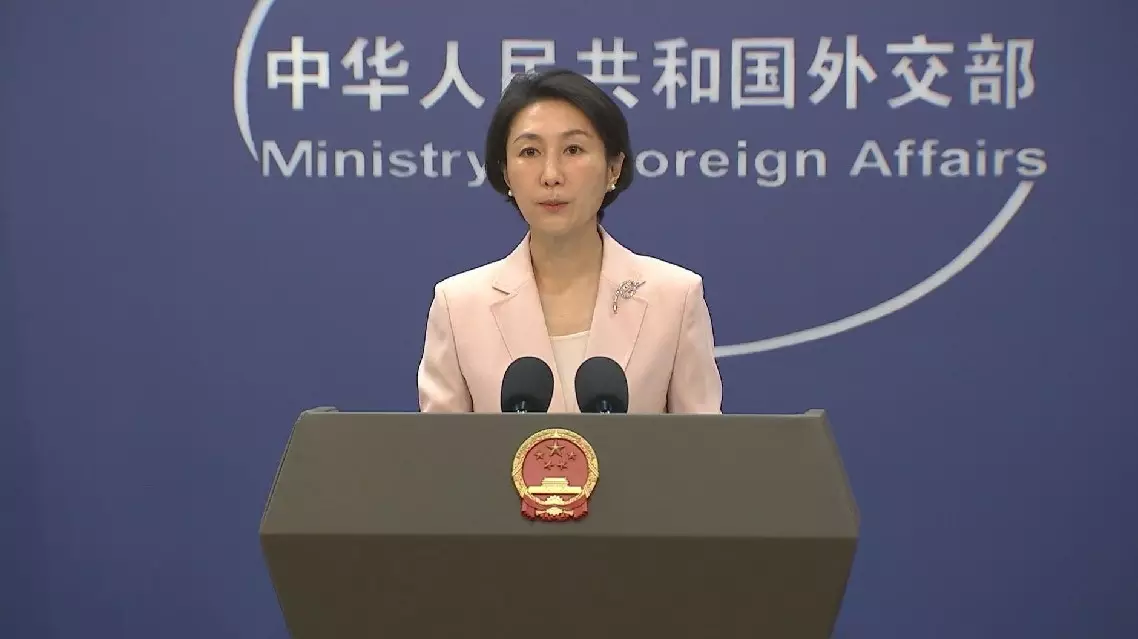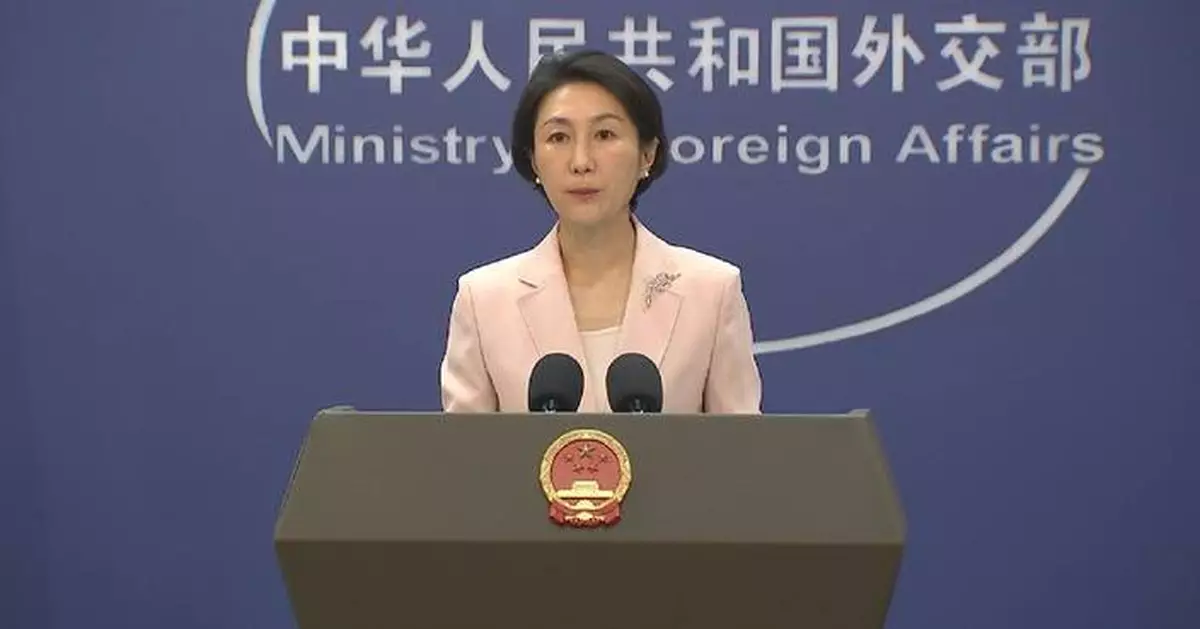China will continue to promote the sustainable use of global water resources with all parties, Chinese Foreign Ministry spokeswoman Mao Ning said at a press briefing in Beijing on Friday.
Four ancient Chinese irrigation sites, including the Karez Wells in Turpan of northwest China's Xinjiang Uygur Autonomous Region, the Huizhou Weirs in east China's Anhui Province and the Wuyuan Weirs in east China's Jiangxi Province (joint application), the Fengyan Terraces in Hanyin County of northwest China's Shaanxi Province, and the Jufeng Weirs in Xiushan County of southwest China's Chongqing Municipality, were honored on Tuesday as World Heritage Irrigation Structures.
Mao extended congratulation on this.
"China has a long tradition of water management. Dujiangyan Irrigation system, Karez wells and Beijing-Hangzhou Grand Canal are all well-known water conservancy projects. Since the founding of the People's Republic of China (PRC), China's water conservancy construction has achieved fruitful results, providing a strong guarantee for economic and social development and the people's peaceful and happy life. It also offered valuable experience for the world to cope with the shared issue on water,"said Mao.
Mao said water cooperation is a crucial part of China-Africa cooperation and China will continue to promote cooperation with all parties.
"Over the past few days, people have been following closely the Summit of the Forum on China-Africa Cooperation (FOCAC) in Beijing. Water cooperation is also an important part of China-Africa cooperation. As the impacts of climate change intensify, many African countries are looking to improve their capacity for water use, management and governance. China and African countries continue to deepen cooperation in water conservancy and actively share successful experience and mature technologies through capacity building, joint research and project cooperation," said the spokeswoman.
"Chinese enterprises have carried out many landmark projects and 'small and beautiful' projects in the fields of water supply, flood control, irrigation and hydropower station construction in Africa, providing 'Chinese solutions' for African countries to achieve comprehensive water resources management and sustainable use. In the future, we will continue to work with all parties, including African countries, to strengthen international cooperation and promote the sustainable use of global water resources,"she said.

China, Africa ready to deepen cooperation in water conservancy: spokeswoman





















































